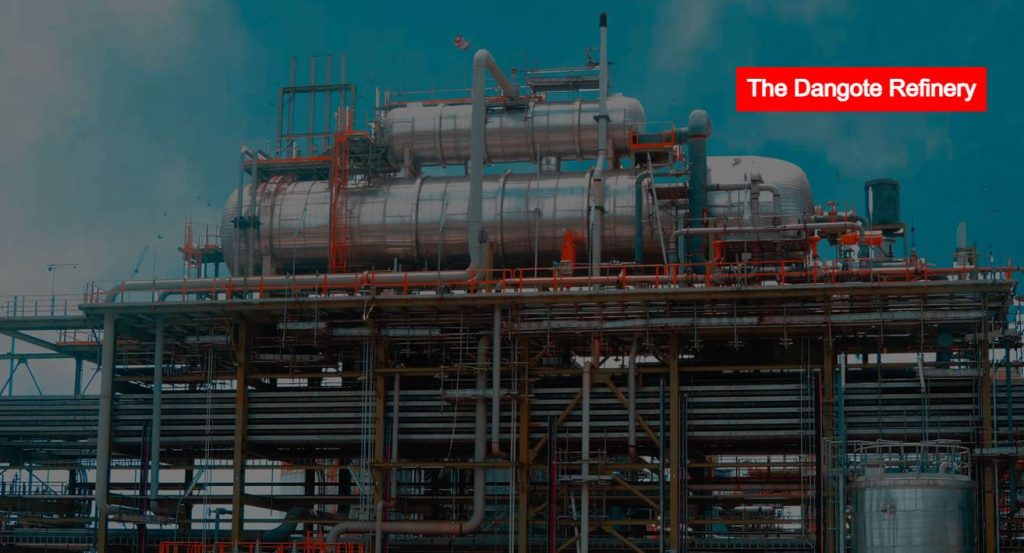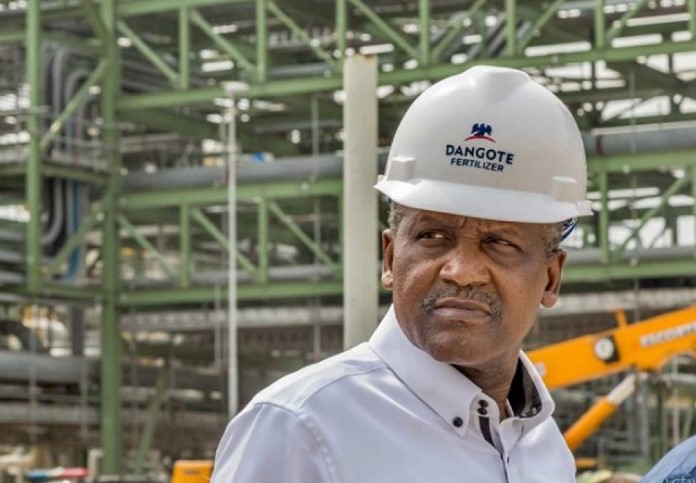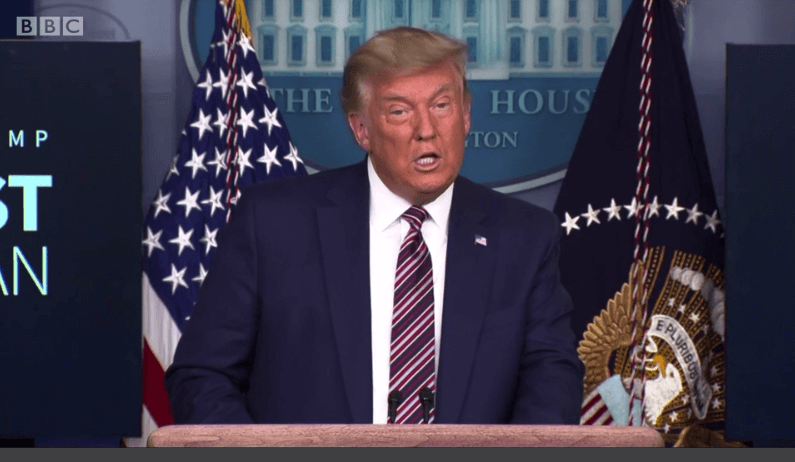With PMS(Petrol) consumption at 99%, FX challenges may continue
Dangote Refinery and other modular refineries in Nigeria are changing their production focus away from premium motor spirit (PMS) due to the reintroduction of fuel subsidies in President Bola Tinubu’s administration, The Guardian has reported.
Dangote Refinery, a major player in the industry, is gearing up to launch its 650,000-barrel-per-day refinery shortly. However, instead of producing PMS, it has opted to manufacture diesel and aviation fuel. This shift is a response to the uncertainty surrounding the previously announced deregulation of the oil industry’s downstream segment.
Nigeria’s existing refineries are grappling with a lack of crude oil, exacerbated by declining domestic crude production and swap deals orchestrated by the Nigerian National Petroleum Company Limited (NNPC). In response, Dangote has decided to import crude oil to compensate for the shortage.
Nigeria’s annual petroleum product consumption stands at approximately 19.5 billion liters, with PMS accounting for about 99 percent of that usage, while diesel and aviation fuel make up just around one percent. Consequently, the move away from PMS production by private refineries, including Dangote, may not significantly ease the foreign exchange pressure and economic challenges associated with PMS imports.
The Group Executive Director of Dangote Refinery, Devakumar Edwin, disclosed that the refinery expects its first crude cargo in the next two weeks and will commence diesel and jet fuel production, with a target to reach up to 370,000 barrels per day starting in October. The refinery plans to operate in phases, initially focusing on diesel and jet fuel production, with the intention to switch to Nigerian crude by November. Edwin also mentioned the possibility of sourcing crude from other countries, such as Russian grades, if global conditions allow.
Fuel subsidies have returned to Nigeria’s downstream oil and gas industry, with the Federal government reportedly paying N169.4 billion in subsidies in August to maintain the PMS pump price at N620 per liter.
Chairman of the Crude Oil Refineries Owners Association of Nigeria (CORAN), Momoh Oyarekhua, explained that most modular refineries in Nigeria currently produce diesel, naphtha, fuel oil, and kerosene. While naphtha can be treated as PMS (gasoline), the cost of adding a reformer to produce petrol is prohibitively high, which is why some modular refineries don’t have reformers attached to their facilities. Oyarekhua suggested that with petrol deregulation, investors might become interested in adding reformers for PMS production.
The National President of the Natural Oil and Gas Suppliers Association of Nigeria (NOGASA), Benneth Korie, mentioned that most local refineries primarily produce diesel and face reliability issues due to crude shortages.
The Nigerian Upstream Petroleum Regulatory Commission (NUPRC) claimed to have met the crude oil supply requirements of modular refineries, delivering 3,614,936 barrels of crude to three local refineries between September 2021 and May 2023. However, operators of these refineries, including Deputy Chairman of the Crude Oil Refinery Owners Association of Nigeria, Dolapo Kotun, dispute this claim, stating that the consistent supply of the required crude oil for the modular refineries to operate effectively has not been fulfilled.













